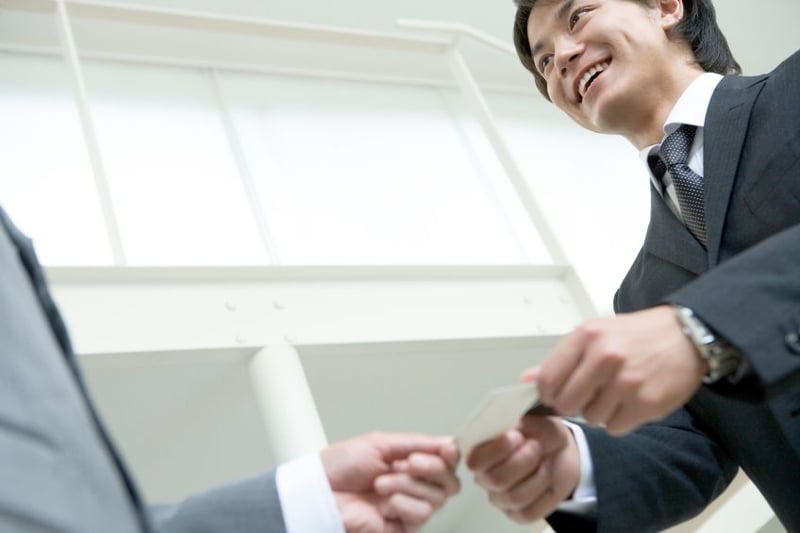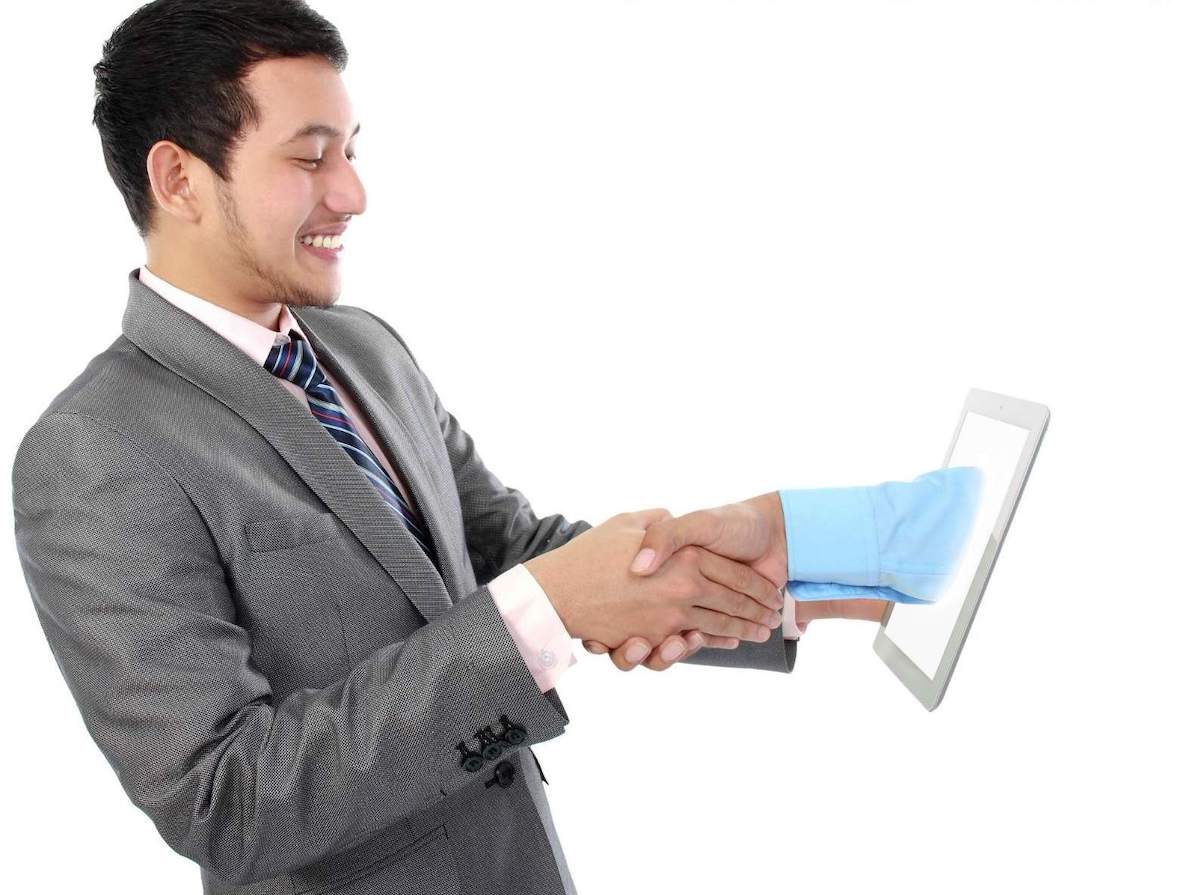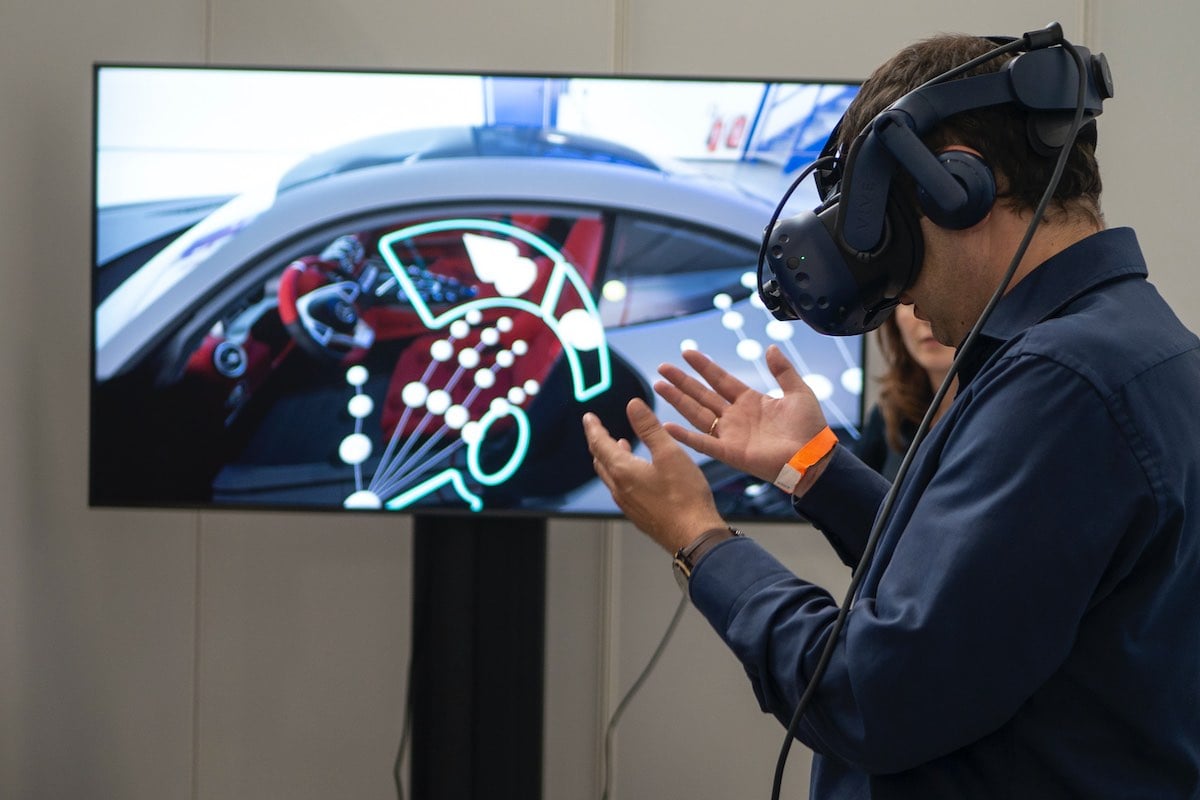I'm a millennial and I get it – business cards are paper, they're old school, we have apps. Right? Wrong!
They say that we millennials don’t trust the old ways of advertising and the old ways of doing business. This includes business cards. Wrong again. Business cards may seem a bit old-fashioned, but we're missing out big time if stop using them. I learned his first-hand.
Millennials need business cards for these and other reasons:
- Business cards are convenient and classy.
- They’re highly accurate if you put the right info on them (see below).
- They can be digitized to build up your own network.
- Social media can't replace business cards. It's different.
Here's what I've found about the value of these "little bits of paper" and what we should put on them.
Business cards are simple, classy, and convenient
If you make a connection and want to keep it going, you want the other person to know your details. I can't think of anything that does this better than a business card. Maybe I'm biased because I'm Japanese, but I see plenty of it outside my home country.
I'm always hearing that we’re all using social media, social networking (SNS), and other apps. That's true, we are. But there are two really big problems here: (1) social networks mix your personal and business contacts and (2) connecting on SNS is an awkward process that breaks the flow of conversation.
I'll talk about #1 a bit later. For #2, first, you have to open up and unlock the phone, launch the app, pull up your profile and/or the other person's profile, and tell someone your social profile ID or show them a QR code to scan. Then they have to find your account (good luck if your name is Dave Johnson or Juan Gonzales), add you, deal with any security blocks, and on and on.
Instead of this, you just take out a card, hopefully they do the same, and you have a physical connection. No messing with apps, and you continue to connect. It's classy.

Business cards are accurate and valuable data
Business cards are also likely to be a lot more accurate and richer in data than info on social networks. And that includes LinkedIn, which in most places is the go-to business SNS. (It actually still hasn't taken off in Japan.) About accuracy, think about it: does your business card have your name spelled right and your correct email? Of course it does! Business cards with typos are worthless.
Even if you have a company-issued card, it’s good to have your own for if you meet someone who is a possible business contact unrelated to your main employer (such as for a side hustle or another opportunity).
What to put on your business card:
- Name
- Company name (if you have one)
- Job title or your type of work
- Mobile phone number (optional if you're worried about privacy or you're a digital nomad)
- Website URL (if you have one)
- LinkedIn handle and any dedicated professional SNS handles
You might also include a logo, a QR code, your photo if your image is part of your brand, and 2nd-language translation on the reverse (we often do this in Japan).
Design is important as well. That's because 39% of people don't want to do business with people with low-quality cards. For a millennial paying off student loans and on a tight budget, this may seem like a place to cut corners. But if you're making your own card, pay a bit more for better stock paper and a designer who knows what they're doing.
Simple and classy business cards give people a good impression and all the necessary information to get in touch with you in multiple ways.

Start building your digitized network
We millennials, because we're young and still early on in our careers, have so many chances to build connections, and in so many areas. We have an advantage, unlike someone in a defined career. We can collect a huge amount of business cards and contacts. And these are all building blocks for our career.
But we also care about the environment and we don't want to see wasted paper. A great solution is to use an app to digitize them. The best apps let you turn them into accurate data in a couple of clicks. Use it on your phone and you can do this on the spot. Then you can either give the card back, recycle it later, or keep it in a safe space.
Amazingly, 88% of business cards get thrown away in less than 1 week. Now that's a waste! Every business card exchange is permission to do business. Even if you can’t do business with this person, someone you know may be the perfect business partner for them.
So working here at Sansan I found a tool like what we offer is such a great solution. It's designed for companies and teams to centralize and share contacts after scanning and digitizing. This leads to sharing contacts and warm introductions.
That means that all the people I meet and the cards I collect may be people I can do business with, but may also be someone who can help a coworker or colleague. Sansan helps them find each, and I can be the glue to connect them.
Social media cannot replace business cards, not even close
Finally, we really need to get over this idea that social media replaces business cards. When you put a new contact in your Instagram, Facebook, or Twitter, you’ve lumped this person with your friends, family, and the random people you’ve added in your life.
Do you really want a business contact seeing your party pics and what you ate for lunch yesterday?
Even when you use LinkedIn, your new contact will be throw in with all your other personal and professional contacts. A business card entered into a dedicated contact management app CMS or a CRM is specifically put to business use. You can track and manage this contact like a professional.
Business cards contain the essential information for doing business. Digitize them and you’ve got your network in one place.
Use a specialized cloud-based business platform and you can scan and record when you meet people.
Keep these valuable contacts off your Facebook friends list.
We've got to embrace the new and the old
Millennials are getting a lot of negative press, but we’re a savvy bunch with great potential. If we can learn to embrace “old-school” business practices that are still valuable, then we’re really looking at a profitable future.
By exchanging business cards with people of all ages, we’re showing that we understand business and we don't just want to get rid of anything that seems like an "old" idea. That's not smart. We’re building a business network we can take with us for a very long time. And we can use it to help others.
Author Bio

Takaki Ogawa is an Osaka-born millennial who has interned at Sansan and will soon start on his professional career here. His study of Japanese history in English, and his extensive time abroad, give him some unique insights.



